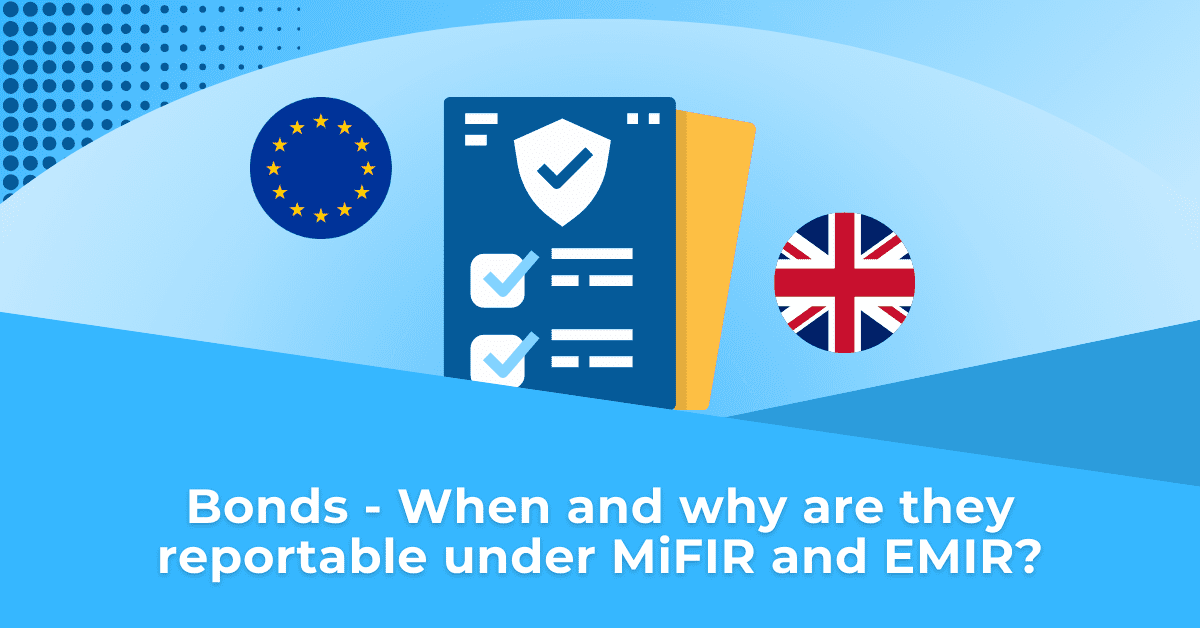What if we told you airports use financial derivatives to keep operations running smoothly despite economic headwinds, fuel cost fluctuations, and rate volatility?
Major international airports don’t just manage runways, they manage risk. Behind the scenes, derivatives help keep everything from infrastructure projects to passenger services financially on track.
Here’s how airports use derivatives:
Interest rate swaps to manage the cost of financing terminal expansions and runway upgrades.
Jet fuel hedging (through airline partnerships or subsidiaries) to smooth out volatility in energy-linked revenues.
Currency forwards to handle foreign-denominated debt or international vendor contracts.
But just like flight plans, these financial strategies need strict oversight.
Every one of those trades must be reported under EMIR.
Who knew that behind every smooth landing is a financial risk management plan?
Do you need any further guidance? Get in touch with us today.




